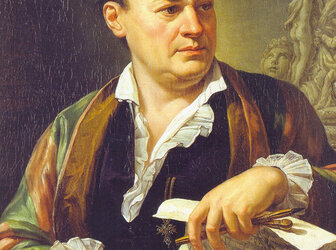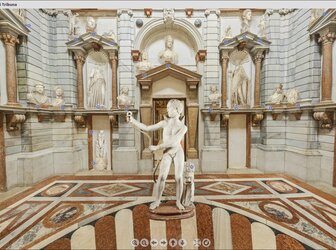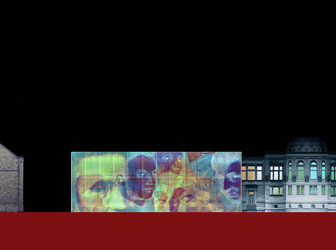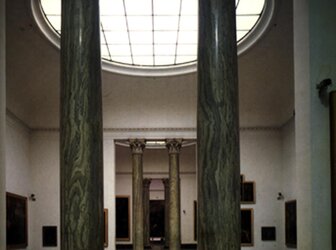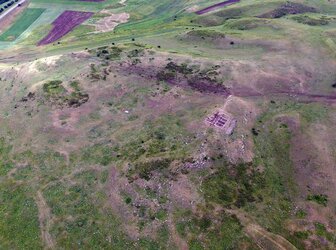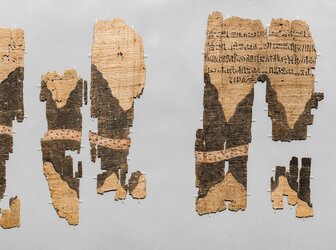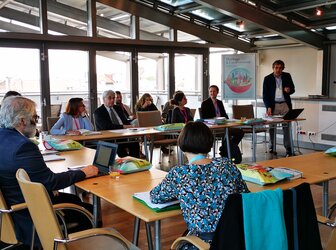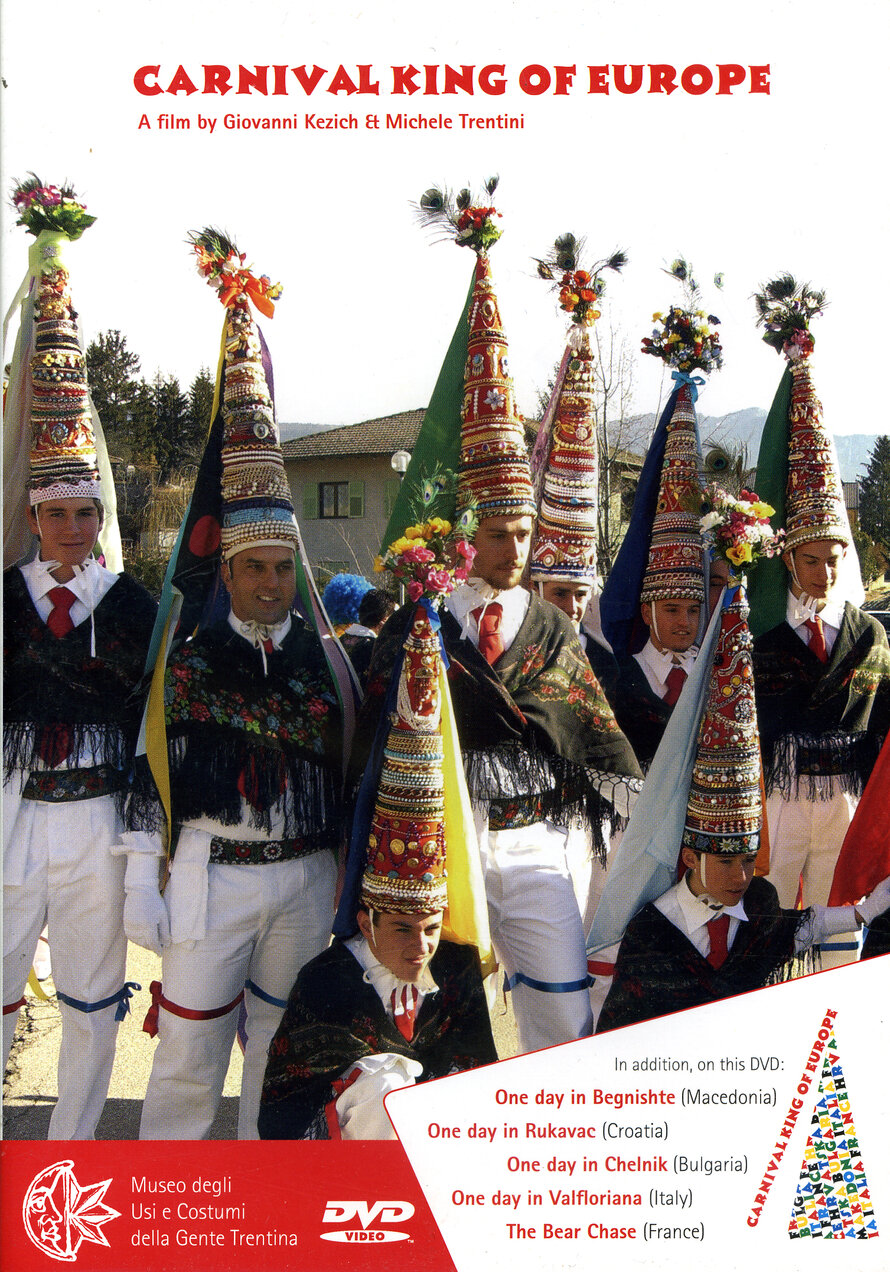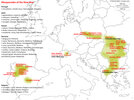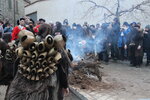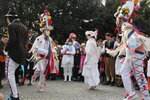Carnival King of Europe
Through extensive ethnographic fieldwork, cinematic documentation and itinerant exhibitions, the project “Carnival King of Europe”, based on a partnership between some 9 European ethnographic museums, aimed at bringing a new light on the similarities that are found in the winter ...
Read more
Project details
Description:
Through extensive ethnographic fieldwork, cinematic documentation and itinerant exhibitions, the project “Carnival King of Europe”, based on a partnership between some 9 European ethnographic museums, aimed at bringing a new light on the similarities that are found in the winter masquerades of Europe, with a view to the unearthing on their common roots. After two biennial stages co-funded by the EU (2007-2009; 2010-2012), the project is now continuing (2013-) with more fieldwork and renewed anthropological attention. The award-winning book authored by Giovanni Kezich, “Carnevale re d’Europa”, published in February 2015, recounts the experience on the field, formulating a new theory on the ancient ceremonial nature of the masked rituals, and providing a substantial contribution to the growing awareness as to the common cultural background of all European peoples, thus establishing some minor, yet not unimportant new landmark as to the making of a European identity.
Similar projects
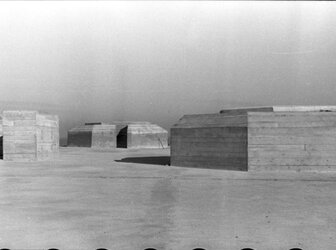
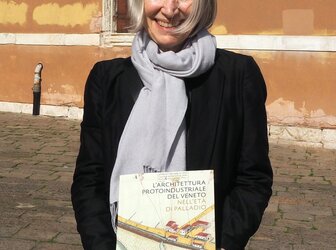
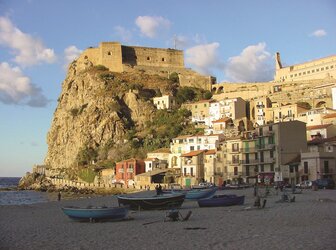
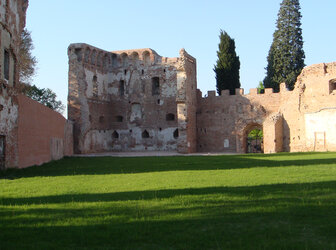
13th century
